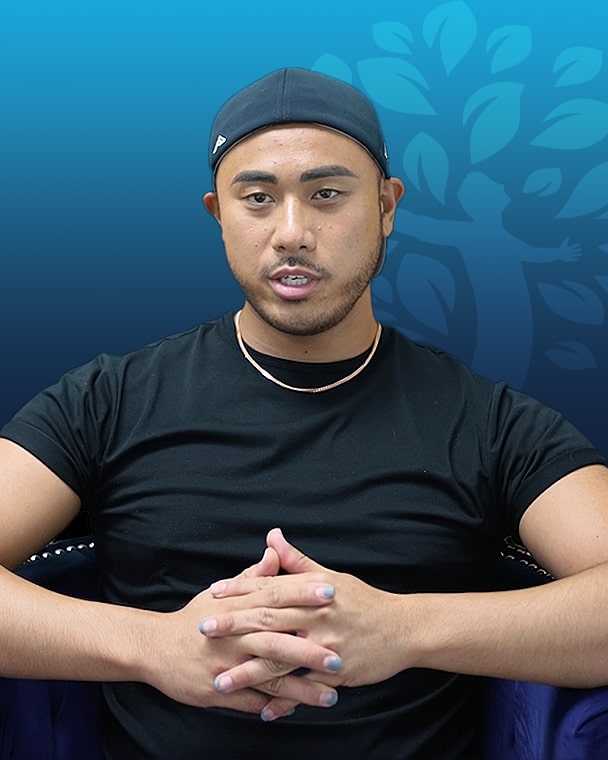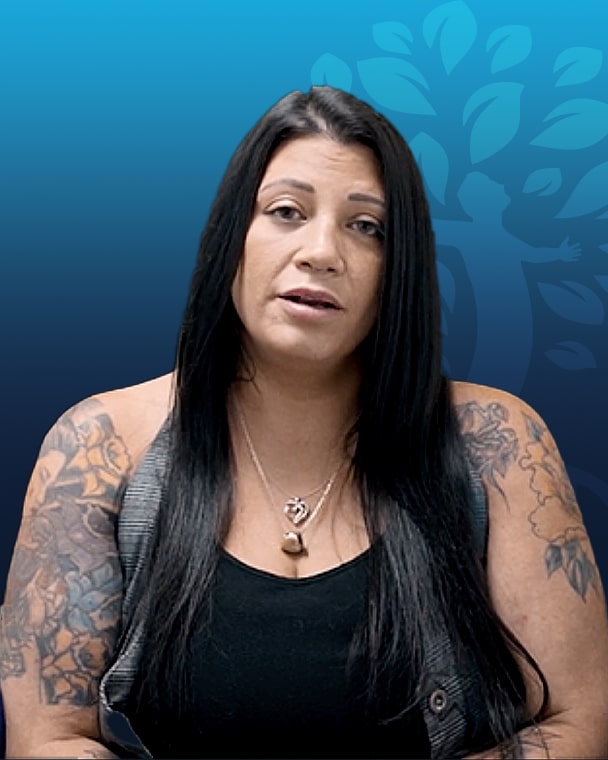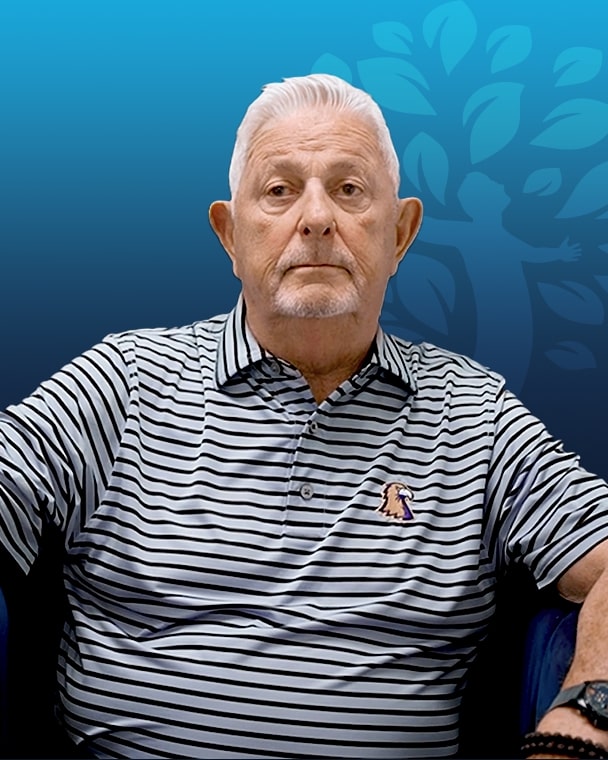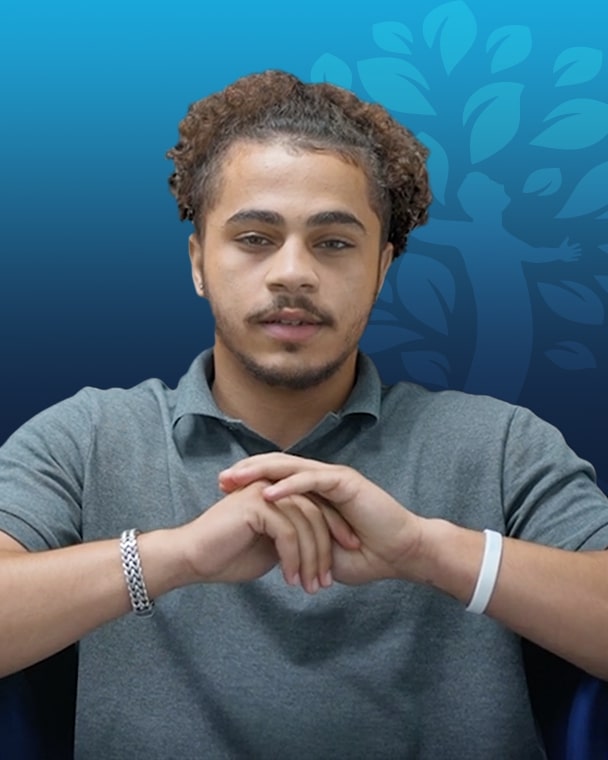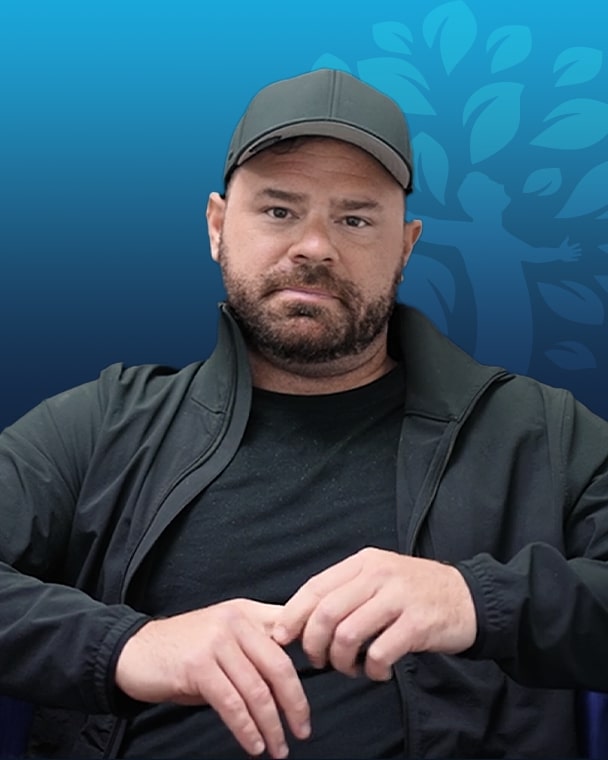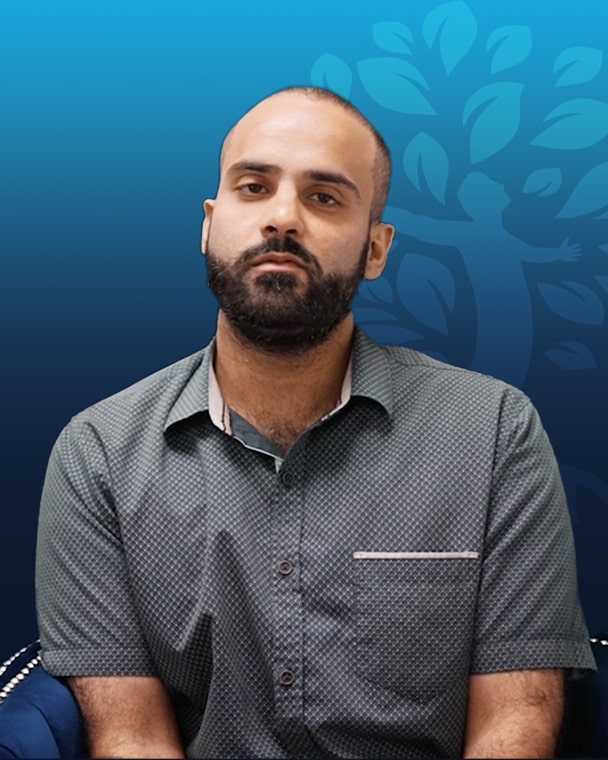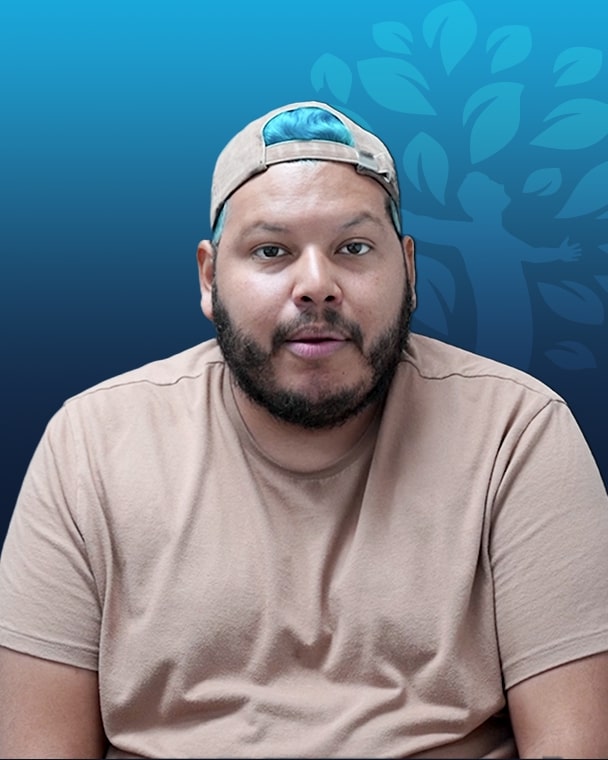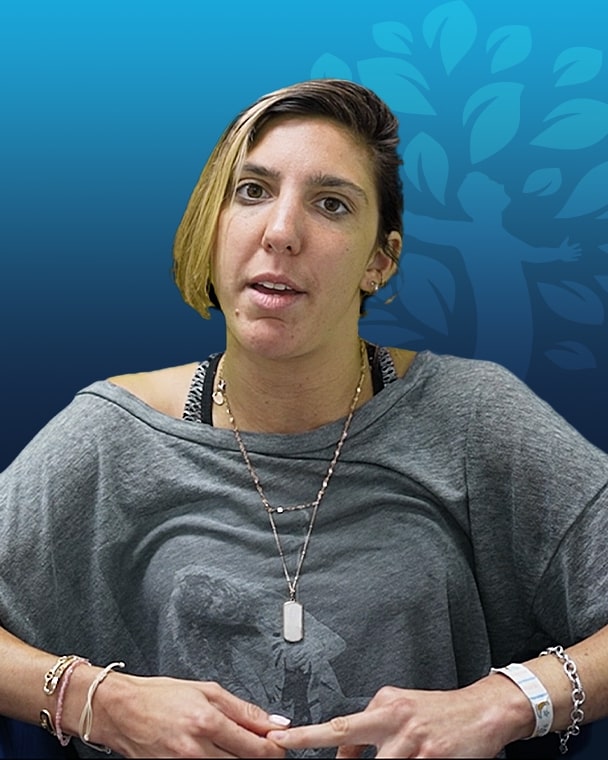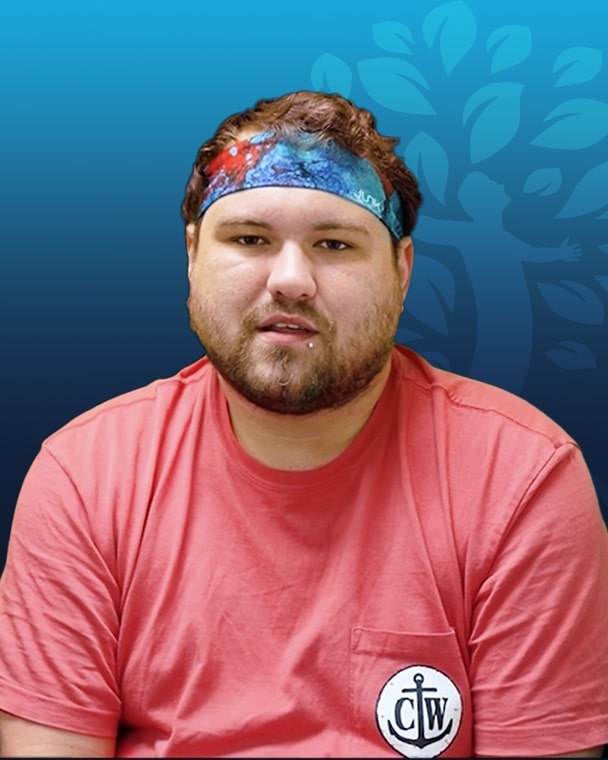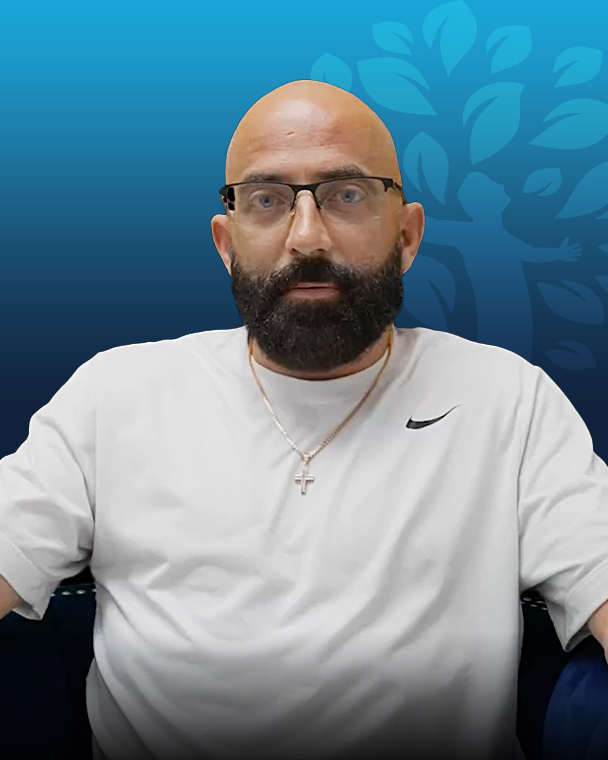
Prescription Drug Detox Delray Beach
Prescription Drug Detox
Just because a drug is legally prescribed does not mean it can’t be harmful. In fact, the current opioid epidemic just proves that these medications can cause addiction, even if a person is using it properly. For this reason, it is quite confusing for people to develop an addiction to a drug that was prescribed to them by their doctor. Isn’t the reason for a Dr. prescribing a medication to help you?
In this case, the doctors are not sabotaging the patient and intentionally getting them hooked on drugs. The intention is still to treat whatever health issue they are facing. But this does not take away from the risks that were always present. Even prescription drugs can be addictive. Which is one of the reasons why the opioid and prescription drug addiction epidemic is so pervasive in society.
Some people get addicted to their prescription medications and start abusing them. Others acquire these drugs illicitly, knowing they can get high. But the method of abuse is not as important because the end result is the same: addiction develops and the person begins to experience withdrawal.
Prescription drug detox is necessary to help pull them out of this downward spiral. In this article, we will discuss the importance of proper detox, and the experience of getting addicted to prescription drugs: the symptoms, the effects, and everything that happens when a person gets addicted. Prescription addiction can have another hidden danger. The CDC reports that synthetic opioids are often added to street methamphetamine without the user being aware. Click the link to find meth addiction treatment near Delray Beach. Our addiction treatment staff in Delray Beach are standing by, ready to help you or a loved one.
Prescription Drug Withdrawal
Oftentimes, withdrawal provides the eye-opening realization that a person is addicted to a drug. Once they experience withdrawal symptoms, they know that they have been taking way too much of a certain substance. Their body can no longer function the same way without it, and so attempting to quit the drug will result in these unpleasant symptoms.
The National Institute on Drug Abuse (NIDA) reports that an estimated 48 million Americans age 12 and over have taken a prescription drug without a prescription for a non-medical reason. This is equivalent to 20 percent of Americans.
Those who have a family member or loved one who is struggling with any kind of substance use disorder are more likely to develop a prescription drug addiction. This is because they may have genetically inherited a heightened risk for addiction.
NIDA further reports that 12 percent of people between the ages of 18 and 25 have taken prescription drugs for non-medical reasons. This suggests that a person’s age has something to do with their risk factor.
Other common reasons for wanting to abuse prescription drugs are depression, anxiety, or post-traumatic stress disorder. This is due to the fact that opioid painkillers and other prescription medications attach to parts of the nerves and block feelings of worry or sadness.
This means if a person takes painkillers for legitimate pain, they might be tempted to keep taking it even after they have been healed just for the relief of emotional pain.
During withdrawal, the body attempts to regulate itself back to its original state before it relied on the drugs to function. But withdrawal can be a painful process if it is not done safely and properly. The body reacts severely during withdrawal because the chemical processes in the brain were disrupted by drug abuse.
Stimulants, opiates, and antidepressants, for example, interfere with the GABA receptors in the brain.
Withdrawal is a deadly and unpredictable condition because not every person experiences it in the same way. The factors affecting withdrawal include the length of the addiction, the drug used, the prescribed dosage, and co-occurring disorders like mental health conditions.
Prescription Drug Withdrawal Symptoms: Stimulants
During withdrawal, the body goes into shock as it begins to rid itself of the prescription drugs and painkillers that it has become accustomed to. Different prescription drugs create different withdrawal symptoms that further vary from person to person. So while it can be hard to tell how bad withdrawal is going to be, there are a few common withdrawal symptoms to be prepared for.
Stimulants, for example, are often prescribed to help patients with sleep disorders, hyperactivity disorders, and severe cases of depression. These drugs make the body release natural chemicals like dopamine, to “wake” the brain and create more activity. It’s a similar effect to drinking coffee.
Stimulants are particularly popular among students because they are used to study drugs to enhance academic performance.
If a person abusing stimulants decides to stop all of a sudden, they can experience symptoms like depression, anxiety, difficulty sleeping, suicidal thoughts, tremors, aggression, stomach pains, sweating, and fever.
Prescription Drug Withdrawal Symptoms: Opioids and Opiates
Opiates and opioids are primarily used as painkillers, especially for patients with moderate to severe pain. Currently, there is an opioid epidemic that is killing around 130 Americans every day due to opioid-related overdose. So these drugs, in particular, can be deadly, even though they help with the pain.
When opiates are taken, the drugs enter the brain through the bloodstream, creating false endorphins and dopamines. This gives the user a kind of high that is a rush of happiness and euphoria.
Opioid withdrawal, on the other hand, is anything but euphoric. Common symptoms include: fatigue, insomnia, excessive sweating, anxiety, muscle aches, muscle spasms, paranoia, nausea, aggression, abdominal cramping, rapid heartbeat, high blood pressure, dilated pupils, irritability, and inability to concentrate.
Prescription Drug Withdrawal Symptoms: Antidepressants
Antidepressants are also often misused, especially among teenagers. While they are usually used to treat medically diagnosed depression, these medications are misused for the feeling of euphoria they can provide. In other words, people take them to get high.
Much like opioid withdrawal, antidepressant abuse can lead to a number of withdrawal symptoms like anxiety, depression, mood swings, dizziness, fatigue, tremors, headache, flu-like symptoms, nightmares, nausea, vomiting, restlessness, and muscle spasms.
Medical Detox for Prescription Drugs
The first step towards recovery is acknowledging that there is a problem that needs to be fixed. Addiction is a devastating condition that can easily overwhelm a person, so even this stage might be difficult for some.
But once the person is ready to start the detox process, they should prepare for a challenging journey. It is important to know what to expect.
The typical detox process begins with an evaluation, which determines the specific treatment plan that is suitable for the client. Given that addiction is a very complex problem, a personalized approach is always best. The patient’s withdrawal symptoms will be different from other patients so this evaluation stage is necessary.
Medical professionals will assess the patient’s symptoms, medical history, and the severity of their addiction to prescription medications. The team will then come up with a unique and individual treatment plan that will help make the detox process as smooth and effective as possible.
After the evaluation stage comes the detox process itself. The moment a person stops using prescription drugs and pain pills, the detox process automatically starts. While withdrawal symptoms are usually scary, they are at least easier to manage with a group of medical professionals around you. They can provide the patient with their medical needs to make this process as comfortable as possible.
The body then works to remove the drugs that were consumed. The addiction experts may help by providing medications to ease the symptoms. Medically supervised detox is the safest way to recover from drug addiction.
Depending on the patient’s condition, a treatment program may be chosen to suit their needs. Inpatient rehab, for example, is the best choice for those with serious addiction. Outpatient treatment is helpful for those who cannot spend time in the rehab facility because of other responsibilities like school or work. It depends on the severity of the addiction.
During drug detox, a person’s drug intake is gradually lowered, until their body no longer relies on the substance to function. During this period, they can go through counseling and behavioral therapy to help them learn coping techniques and ways to live a drug-free lifestyle. Drug rehab is all about addressing all the physical and psychological effects of drug abuse, and so it involves digging deep and getting to the root of addictive behavior.
Behavioral therapy can involve one-on-one counseling, group counseling, family therapy, couples therapy, and many more. Some facilities even offer more unconventional treatment methods like hypnotherapy, art therapy, equine therapy, music therapy, meditation, yoga, and more. These treatments work on a personal level to help a patient regain their sense of self.
Attempting to detox at home is difficult and actually dangerous. Not only will the temptations and withdrawal symptoms prove to be challenging to face alone, but the body will also start craving for the drugs. This is why it is so common for people to relapse soon after quitting. The worst-case scenario is a person tries to go through withdrawal on their own, relapses and then overdoses on the drug.
Proper rehab can help a person reclaim their sobriety while teaching them how to stay sober. Medical professionals can ensure that the whole process of recovery is safe.
Detoxing in a professional rehabilitation facility is more effective for several reasons. In fact, a change of environment could be beneficial to those in recovery, because they are no longer surrounded by the things that influenced their misuse of prescription drugs. Also, they are surrounded by medical professionals, therapists, and addiction experts who know how to provide the support patients need to get through this difficult stage of their lives.
Look for a drug rehab facility near you if you or someone you love is struggling with an addiction to prescription drugs or any other substance.
Legacy Healing Center- Drug & Alcohol Rehab
1690 South Congress Ave Suite 202 A
Delray Beach, FL 33445
1690 South Congress Ave Suite 202 A
Delray Beach, FL 33445
Prescription Drug (RX) Detox, Delray Beach FL
RX Detox Delray Beach FL.
Article content
- Prescription Drug Detox
- Prescription Drug Withdrawal
- Prescription Drug Withdrawal Symptoms: Stimulants
- Prescription Drug Withdrawal Symptoms: Opioids and Opiates
- Prescription Drug Withdrawal Symptoms: Antidepressants
- Medical Detox for Prescription Drugs
- Prescription Drug (RX) Detox, Delray Beach FL
- RX Detox Delray Beach FL.


Legacy Healing Center testimonials
Real People. Real experiences



Legacy Healing Center testimonials
What Our Alumni Has to Say
Absolutely beautiful! Staff is so caring and welcoming. Highly recommend to anyone who is struggling and looking to heal. This is the place for you!
Jacqueline C.
Honestly, it's not what you imagine when thinking "detox." Legacy made my experience so comfortable from beds, food, staff and such a clean facility. Besides all that they literally gave me life back. Forever thankful.
Avi S.
GET IN TOUCH
Contact Us
If you would like to get in touch with us or simply have any questions or comments, please call us today. Our helpline if 100% confidential.
Call Us
Email Us
Visit Us
1425 WEST CYPRESS CREEK ROAD, SUITE 201FORT LAUDERDALE, FL 33309


